Herman Talmadge, Georgia Senator and Governor, Dies at 88
By Adam Clymer March 22, 2002
Former Senator Herman E. Talmadge, an old-fashioned Southern populist who built schools as governor of Georgia and then called for stopping desegregation by closing them, died today at his Hampton, Ga., home. He was 88.
Mr. Talmadge, a Democrat who was elected governor twice, lost his bid for a fifth term in the Senate in 1980 when he could not keep up with changes in the Georgia electorate and in political standards in Washington.
Like his father, Eugene Talmadge, a three-term governor who boasted that he never carried a county with a streetcar line, Herman Talmadge concentrated on rural areas. As he wrote in ''Talmadge,'' his 1987 autobiography, ''The farmers had supported me in every race I ever ran, including the last one, but there just weren't enough of them left.''
He was swamped in the Atlanta area by Mack Mattingly, the first Republican to win a Georgia Senate seat since Reconstruction. Mr. Mattingly enjoyed strong support from black voters, whose leaders recalled that when Mr. Talmadge first ran for the Senate in 1956 he proclaimed ''God advocates segregation.''
His defeat was made possible by a messy divorce in 1978, a public bout with alcoholism in 1979 and a Senate ethics investigation of a sort that would never have happened when he was first elected. The Senate voted in 1979 to denounce him for ''reprehensible'' official finances -- padding of his expense accounts.
Before the troubles of his final term, he was a quiet but important member of the Senate, overshadowed for some years by Richard B. Russell, Georgia's senior senator until his death in 1971, and then to a degree by Senator Russell B. Long of Louisiana, whom he ranked just behind on the Finance Committee. Mr. Talmadge was not a colorful orator like many other Southerners, but he chewed tobacco and was probably the last senator to use a spittoon while presiding over the Senate.
As chairman of the Agriculture Committee, he pushed through the Rural Development Act of 1972 to promote jobs and infrastructure in rural areas. He also helped expand the food stamp and school lunch programs. That was consistent with his record as governor from 1948 to 1955, said Charles S. Bullock III, a University of Georgia political scientist. ''There was a populist streak,'' Mr. Bullock said. ''He built more schools and roads than most governors.''
Mr. Talmadge could afford that spending because he got the Legislature to pass a sales tax after campaigning against it.
While he denounced the 1954 Supreme Court decision on school desegregation -- saying ''there aren't enough troops in the whole United States to make the white people of this state send their children to school with colored children'' -- he also saw to it that black teachers' salaries were made equal to those of whites, a step for which there was no political support.
Senator Zell Miller, whom Mr. Talmadge defeated in a bitter runoff for the Democratic nomination in 1980, told the Senate today that Mr. Talmadge ''was Georgia's greatest governor of the 20th century.''
Herman Eugene Talmadge was born on Aug. 9, 1913, the son of Eugene Talmadge and Mattie Thurmond Talmadge. He grew up on a farm and graduated from the University of Georgia in 1936. He entered the Navy as an ensign in 1941 and was discharged in 1945 as a lieutenant commander.
In 1947, Mr. Talmadge served as governor for 67 days, though the Georgia Supreme Court would later rule he had not been the actual governor. He had taken over after his father, a strident racist, died after being re-elected in 1946, but before being sworn in. The son, who ran his father's campaign, devised a strategy to have the Legislature make him governor. Under the state Constitution, the Legislature could choose between the top two candidates if neither had a majority. The younger Mr. Talmadge got into the running by producing several hundred write-in votes, many with obvious irregularities, and the Legislature voted to make him governor.
That period was known as the time of the three governors in Georgia: Herman Talmadge; Ellis Arnall, the outgoing governor who refused to leave; and M. E. Thompson, who had been elected lieutenant governor and claimed he was Eugene Talmadge's rightful successor.
The State Supreme Court agreed, making Mr. Thompson governor until a special election in 1948, which Mr. Talmadge won. He won a full four-year term in 1950.
In the Senate, he was known for the un-senatorial behavior of starting his committee meetings on time.
He was also chosen for membership on the seven-member special Senate committee that investigated the Watergate scandal. Samuel Dash, the committee's chief counsel, said today, ''His questioning was among the best.''
One of his best-known exchanges was with John D. Ehrlichman, a top Nixon aide. Mr. Ehrlichman was defending, on grounds of national security, his decision to order a break-in to obtain the psychiatric records of Daniel Ellsberg, who has said he gave The New York Times the secret Pentagon papers on the government's conduct of the Vietnam War.
On July 25, 1973, Mr. Talmadge asked Mr. Ehrlichman, ''Do you remember when we were in law school we studied a famous principle of law that came from England and also is well known in this country, that no matter how humble a man's cottage is, that even the King of England cannot enter without his consent?''
Mr. Ehrlichman shot back, ''I am afraid that has been considerably eroded over the years, has it not?''
Mr. Talmadge got an ovation when he replied, ''Down in my country, we still think it is a pretty legitimate principle of law.''
One other major step Mr. Talmadge took in the Senate, recalled today in Atlanta as ''heroic'' by former President Jimmy Carter, was to vote for the Panama Canal treaties in 1978, which ceded control of the canal to Panamanian sovereignty.
Mr. Carter said Mr. Talmadge acknowledged that the vote ''was almost politically suicidal.'' But, he said, the senator supported him as a fellow Georgian, and ''and because it was the right thing to do.''
Mr. Talmadge is survived by his wife, Lynda Cowert Talmadge of Hampton; a son, Herman Eugene Talmadge of Lovejoy, Ga,; a stepson, David Pierce of Brunswick, Ga.; nine grandchildren and a great-grandchild.
One reason Mr. Talmadge never had a serious contest until 1980 was unfailing attention to constituents. A former aide, Daniel Tate, said today that Mr. Talmadge required ''every letter from Georgia had to be responded to or at least acknowledged within 24 hours of receipt.''
Mr. Tate, now a Washington lobbyist, recalled being reprimanded for getting behind on the mail. In defense, he said, ''Senator, the letters still on my desk really should not be answered at all. Each is from a nut.''
Mr. Talmadge replied: ''Every constituent, including those you think of as nuts, expects and deserves a response from his United States senator.''
Then the senator said, ''Just remember, nuts vote. And if you lose the nut vote, you'll lose the election.''
ADVERTISEMENT
BY
Looking for more information?
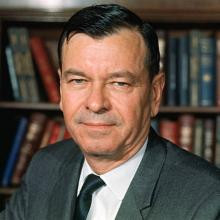
 Amanda S. Stevenson
Amanda S. Stevenson 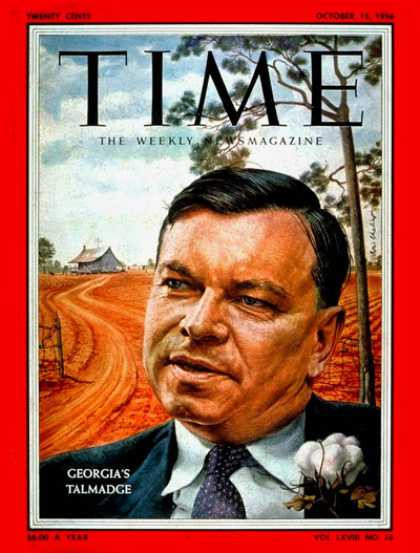
 Amanda S. Stevenson
Amanda S. Stevenson 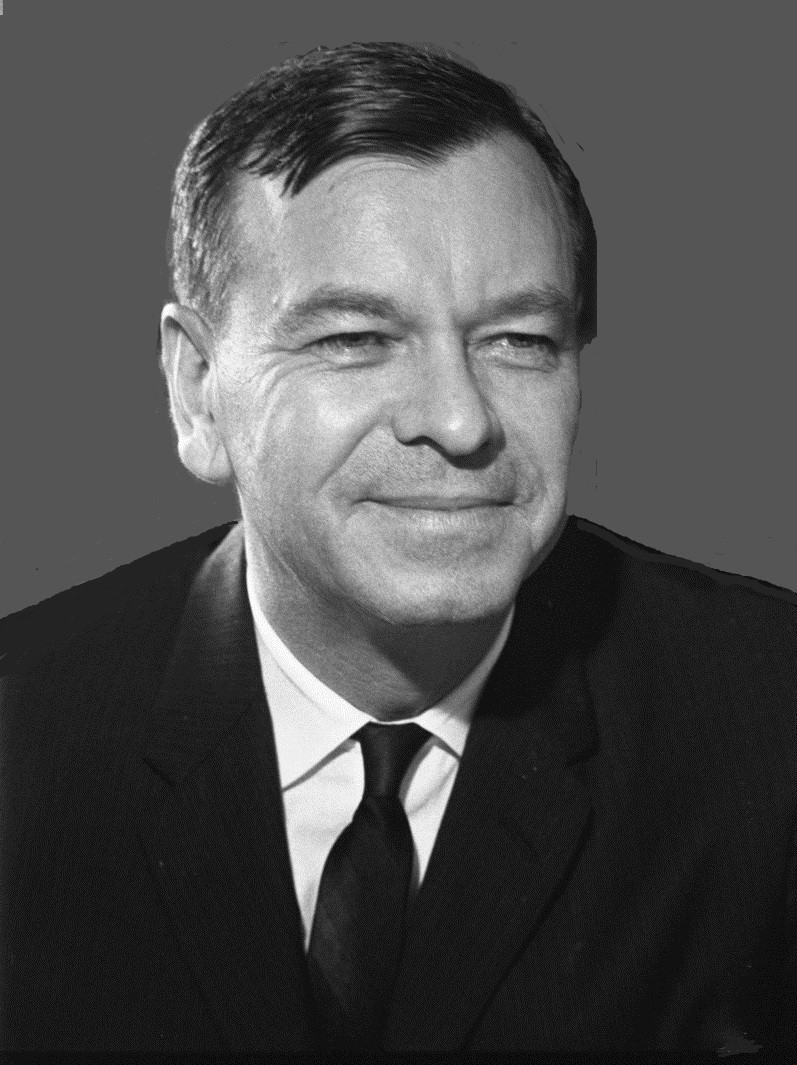
 Amanda S. Stevenson
Amanda S. Stevenson 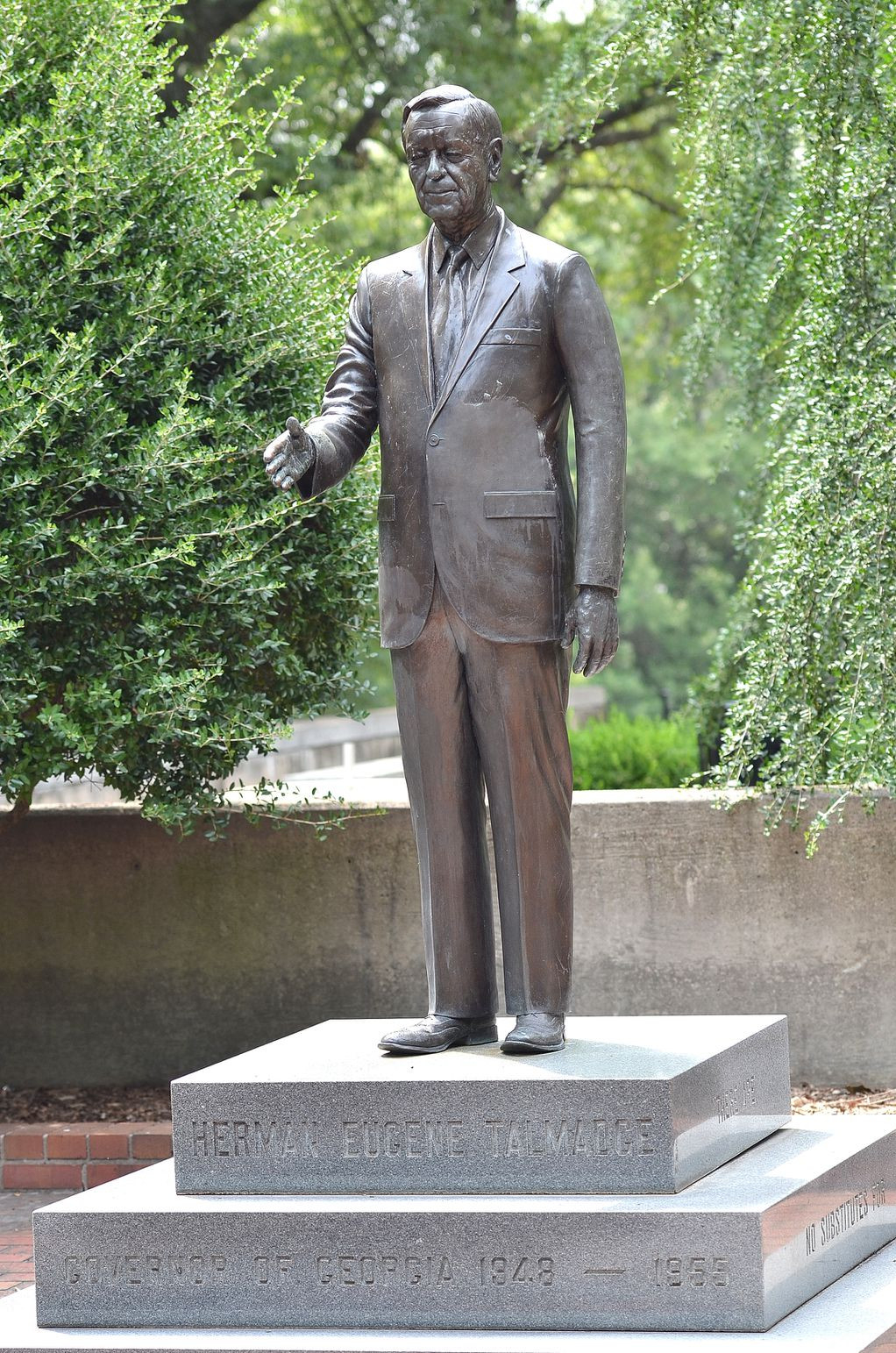
 Amanda S. Stevenson
Amanda S. Stevenson 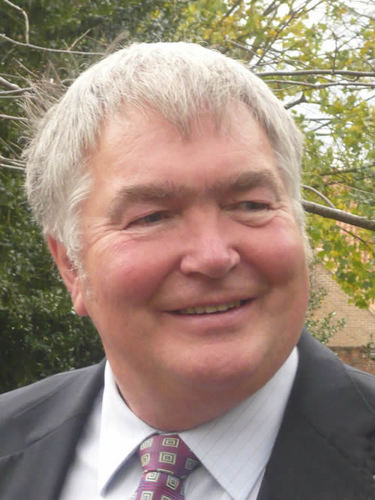
 Amanda S. Stevenson
Amanda S. Stevenson 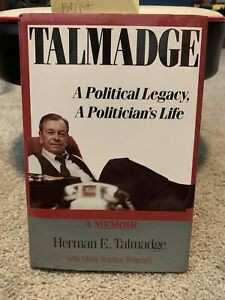
 Amanda S. Stevenson
Amanda S. Stevenson  Amanda S. Stevenson
Amanda S. Stevenson 